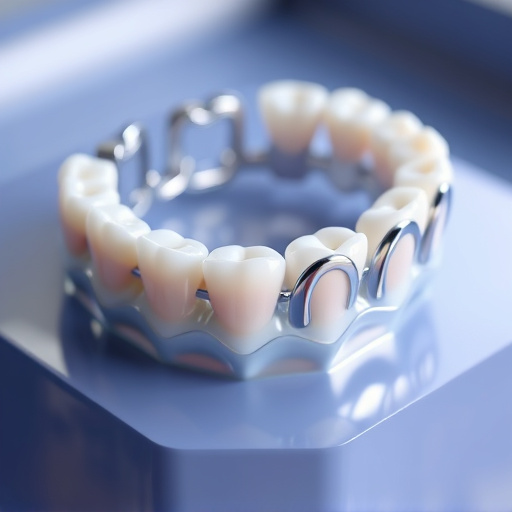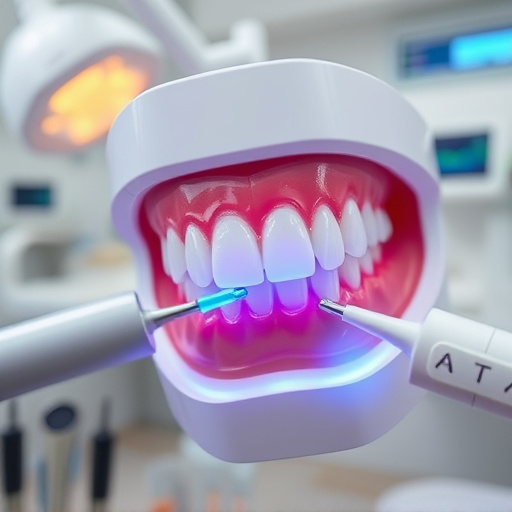Dental sealants for teeth act as protective barriers, sealing out bacteria and food particles that cause plaque build-up and cavities. These thin, clear coatings adhere to tooth enamel, offering a non-invasive solution for maintaining oral health, particularly in hard-to-reach areas. Recommended by general dentistry professionals for children and adults, they significantly reduce the risk of cavities and gum disease by filling grooves and pits, creating a smooth surface that hinders bacteria growth. Regular dental cleanings and diligent oral hygiene at home are crucial to maintain their effectiveness.
Dental sealants for teeth are an effective preventive measure against harmful plaque build-up, offering a protective barrier on the tooth surface. This article delves into the science behind sealants, explaining how they block plaque accumulation and highlighting their numerous benefits and maintenance requirements. By understanding dental sealants, you can make informed decisions to maintain optimal oral health.
- Understanding Dental Sealants: A Protective Barrier
- How Sealants Block Plaque Accumulation
- Benefits and Maintenance of Dental Sealants
Understanding Dental Sealants: A Protective Barrier
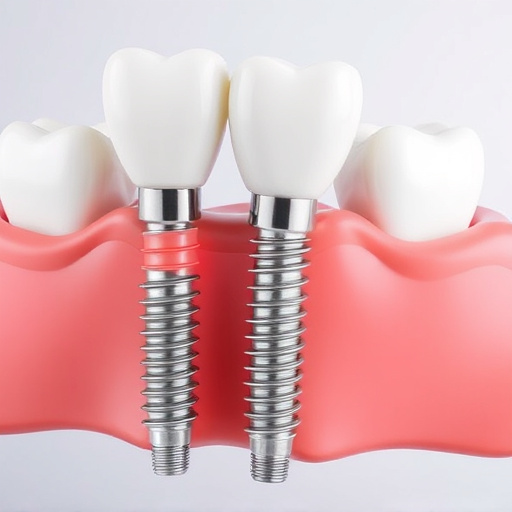
Dental sealants for teeth act as a protective barrier, sealing out bacteria and food particles that can lead to harmful plaque build-up. These thin, clear coatings are applied directly onto the chewing surfaces of back teeth, where they adhere to the enamel, creating a smooth, protective layer. This simple yet effective procedure is commonly recommended by general dentistry professionals for both children and adults as a way to prevent cavities and other dental issues.
By blocking off these potential entry points, dental sealants help reduce the risk of plaque accumulation, which can cause tooth decay and lead to necessary procedures like wisdom tooth removal or even tooth extractions. They offer an easy, non-invasive solution for maintaining oral health, especially in areas that are difficult to clean with a toothbrush.
How Sealants Block Plaque Accumulation
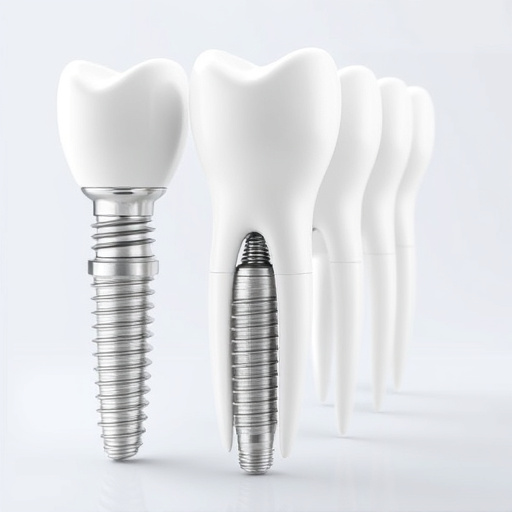
Dental sealants for teeth are a protective barrier that blocks the tiny crevices and pits on tooth surfaces where plaque can accumulate. Plaque, a sticky film of bacteria, is the primary cause of tooth decay and gum disease. By sealing these areas, dental sealants create a smooth, preventive layer that hinders plaque attachment and growth. This simple yet effective method significantly reduces the risk of cavities forming, especially in back teeth prone to accumulation due to their complex anatomy.
Moreover, regular application of dental sealants during childhood can provide long-lasting protection. Since sealants are typically durable and can last for several years with proper care, they offer a proactive solution alongside routine oral exams and dental cleanings. This preventative approach is key to maintaining optimal oral health, keeping teeth strong, and avoiding costly cosmetic fillings later in life.
Benefits and Maintenance of Dental Sealants
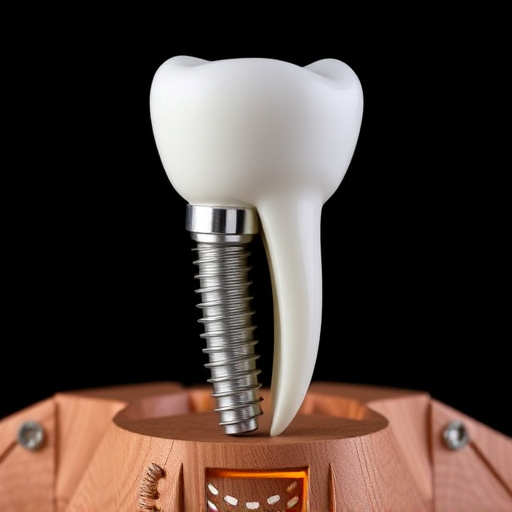
Dental sealants for teeth offer significant benefits in preventing plaque build-up and promoting oral health. Once applied, these protective coatings fill in the tiny grooves and pits on tooth surfaces, where bacteria tend to accumulate. By creating a smooth, non-porous barrier, dental sealants prevent food particles and plaque from settling into these hard-to-reach areas. This proactive measure significantly reduces the risk of tooth decay, gingivitis, and other dental issues associated with harmful plaque buildup.
Proper maintenance is key to ensuring the longevity of dental sealants for teeth. Regular teeth cleaning by a professional dentist is essential to remove any accumulated plaque or debris that may compromise the sealant’s effectiveness. In addition to routine check-ups, maintaining good oral hygiene at home includes brushing and flossing diligently, especially around the sealed teeth. Clear aligners can also play a role in comprehensive dental care by allowing for easy access during cleaning while still providing protective coverage for the teeth.
Dental sealants for teeth are an effective preventive measure against harmful plaque build-up. By acting as a protective barrier, these sealants hinder the accumulation of bacteria and food debris on tooth surfaces, reducing the risk of cavities and gum disease. The benefits of dental sealants are substantial, offering long-term protection with proper maintenance. Regular check-ups and reapplication when needed ensure their continued effectiveness, contributing to optimal oral health.








